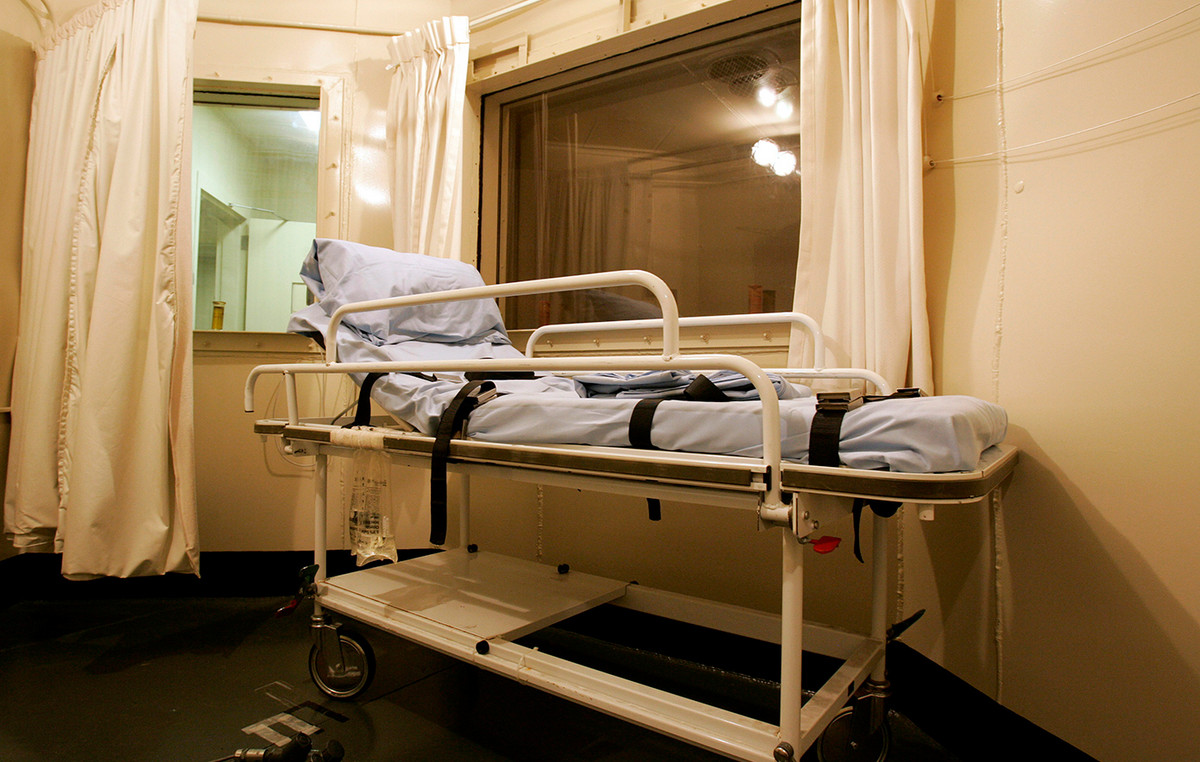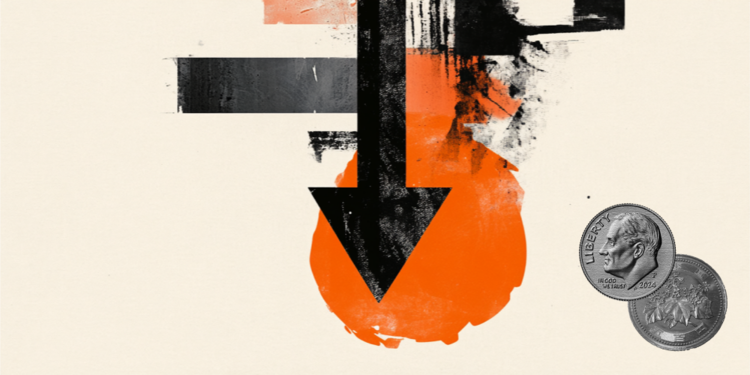In January, inflation in Italy and in the Eurozone fell. According to Istat, prices in our country have increased on average by 10.1 percent compared to January 2022 and by 0.2 percent over the previous month. So are the prices of the products falling? No, it just means that the annual increase is less strong than in previous months. In fact, the Italians have not seen the difference, for the better, in the wallet and in the shopping cart.
In the last year, more than four out of ten Italians have failed to save. What weighs are the increased bills (they will drop by 40% in February while remaining above the levels of the previous year), but also all the other prices which have grown in a year in which inflation was at such a high level that it was not seen since 1985. Wages, on the other hand, have not increased consistently.
The difficulty in finding a new balance is told by the data of a research by Other consumption made together with the corresponding consumer organizations of Spain, Belgium and Portugal part of Euroconsumers.
In April of last year, 31% of people surveyed said they were unable to put away any savings at the end of the month. This percentage rose to 41% in December 2022. 37% of the sample had to resort to accumulated savingsreaching the point of having to ask friends and relatives for a hand in 13% of cases.
For 42% of Italians the bills have become an unaffordable expense. 20% of people buy less food: 31% buy less meat and fish, 16% reduce the consumption of fruit and vegetables. 57% of the sample analyzed say they have given up many cultural activities. 59% have reduced their travel and vacation budgets. In 56% of cases, lifestyle changes caused by rising prices had a negative impact on people’s psychological well-being.
The good thing is that the Italians demonstrate, in times of difficulty, a greater awareness of following anti-waste behaviors: reduce heating in the house, use appliances at full load and with eco programs. 72% of those interviewed believe they are more informed on these issues and 68% say they want to continue in this sense, even when the energy emergency is over. 44% of consumers have taken at least one initiative to improve energy savings in their homes, such as installing heat pumps or solar panels.
On the other hand, the opinion of the interviewees regarding institutions and businesses was decidedly negative. Less than 30% believe that the European Commission or the Italian government exercise effective control to avoid unjustified price increases. For 78%, however, companies are taking advantage of the situation.
– Work, the 8 prejudices that limit women’s possibilities for affirmation
– Bullying in the office exists and it is better to be careful of it
Source: Vanity Fair
I’m Susan Karen, a professional writer and editor at World Stock Market. I specialize in Entertainment news, writing stories that keep readers informed on all the latest developments in the industry. With over five years of experience in creating engaging content and copywriting for various media outlets, I have grown to become an invaluable asset to any team.







